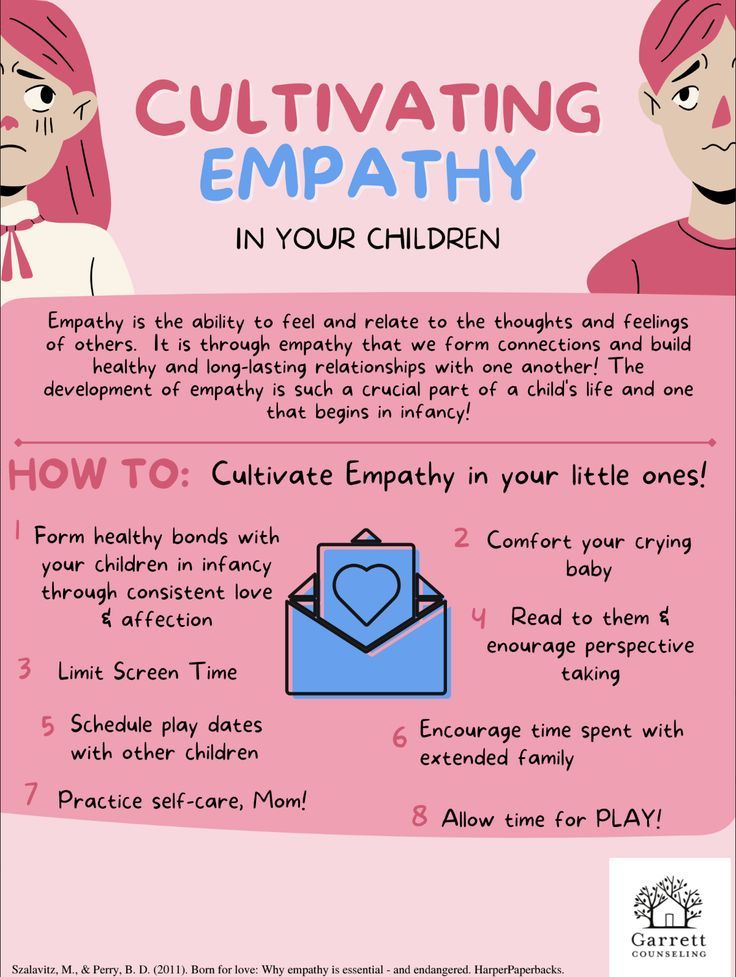In the pursuit of nurturing a world imbued with compassion and understanding, the Bahá’í teachings offer a profound framework for cultivating empathy in children. How might we provocatively frame the challenge of fostering empathy in the next generation? Envision a world where every child perceives the intricate tapestry of human experience not merely through the lens of self, but through the rich and varied perspectives of others. This is not simply an aspiration; it is a transformative journey that calls for deliberate action and introspection.
The first step involves instilling the recognition that empathy is not an innate trait, but a skill to be honed. Children are natural observers, captivated by the emotions and reactions of those around them. By creating spaces for discussion, where feelings and experiences are articulated, adults can guide children to explore the depths of human sentiment. This approach aligns with the Bahá’í principle of consultation, which emphasizes the importance of collective discourse as a means of shared learning and understanding.
One practical strategy is to model empathetic behavior. Children learn significantly through observation; thus, demonstrating compassionate responses in everyday scenarios can serve as a powerful catalyst. When faced with a friend in distress, express your sympathy eloquently. Share your thoughts on the hurt experienced, while also prompting the child to consider the potential reasons behind their friend’s feelings. Phrasing questions like, “What do you think they might be experiencing?” invites children to step outside their own perceptions and consider the emotions of others.
Engaging with literature presents another enriching avenue. Stories have an unparalleled capacity to transport readers into the minds and hearts of diverse characters. Select books that illustrate varied cultural experiences or depict moral dilemmas. Encourage children to reflect on the choices made by characters, and to deliberate on alternative actions. Questions such as, “How would you feel if you were in their situation?” enable them to cultivate a deeper understanding of diverse viewpoints.
Furthermore, immersing children in community service can significantly enhance their capacity for empathy. Participating in acts of kindness fosters an awareness of societal struggles and cultivates a sense of responsibility. In the Bahá’í view, service to humanity is an important channel for spiritual development, bringing individuals closer to the essence of humanity. Whether volunteering at a local shelter or participating in environmental initiatives, practical involvement in the community can open children’s eyes to experiences that contrast with their own, thus deepening their capacity for compassion.
In addition, the practice of reflective dialogue is essential. After experiencing challenging social interactions or witnessing acts of injustice, encourage children to express their thoughts and emotions. Guided conversations can help children articulate their feelings while also considering the perspectives of others. Such dialogues foster resilience and refine their analytical abilities. Moreover, employing gentle prompts such as, “How do you think they felt in that moment?” allows children to dissect emotions and encourages the practice of empathy in real-world scenarios.
Moreover, one must not underestimate the significance of play in developing empathy. Role-playing exercises, where children take on different personas, can be particularly enlightening. Through imaginative play, they can engage with emotions and situations that differ from their own experiences. This not only promotes social skills but also deepens their understanding of the complexities of human behavior. Questions like, “What did that character experience?” can guide children towards empathizing with others during their play adventures.
As children grow older, the challenges they face become increasingly multifaceted, often marked by societal pressures and preconceived notions of others. It becomes imperative to tackle biases and foster open-mindedness. Bahá’í teachings advocate for the elimination of prejudices and an appreciation for diversity. Introducing children to different cultures, traditions, and worldviews encourages acceptance and understanding. Consider arranging cultural celebrations or inviting friends from varied backgrounds to share their stories. Such immersive experiences can dismantle stereotypes and build bridges of understanding.
In the digital age, social media presents both an opportunity and a challenge in the realm of empathy. As children navigate online interactions, encourage them to think critically about the impact of their words. Discuss the implications of cyberbullying and the importance of compassion in virtual spaces. Establishing a family code of conduct that emphasizes kindness and respect within digital communications can reinforce the concept of empathy in a modern context.
Finally, the spiritual component of empathy cannot be overlooked. Bahá’í teachings stress the interconnectedness of humanity, asserting that the well-being of one is inextricably linked to the well-being of all. Incorporating spiritual discussions into daily life can foster a deeper understanding of this principle. Encourage children to contemplate the idea that every individual is a reflection of the divine. This perspective nurtures a sense of global citizenship and responsibility, further solidifying their commitment to empathy.
In conclusion, cultivating empathy in children is not merely an educational endeavor; it is a sacred responsibility. Embracing the Bahá’í teachings provides a profound context through which empathy can flourish. By modeling empathetic behavior, engaging in community service, facilitating reflective dialogues, and recognizing the importance of cultural diversity, we can empower the next generation to embrace the rich, intricate tapestry of human experience. Through these concerted efforts, we nurture not only empathetic individuals but also a more compassionate world.
